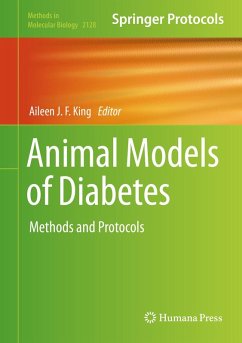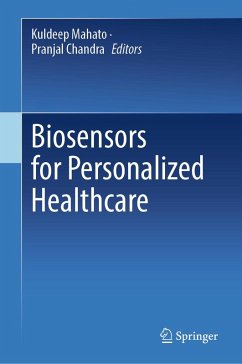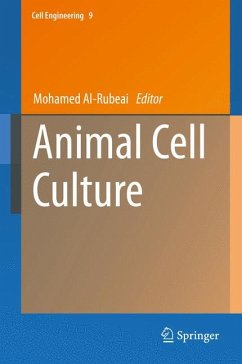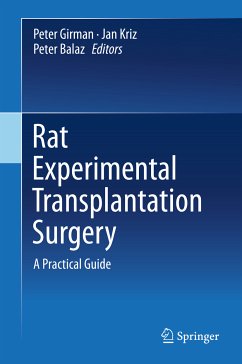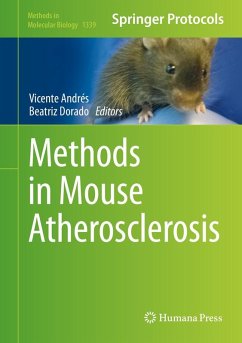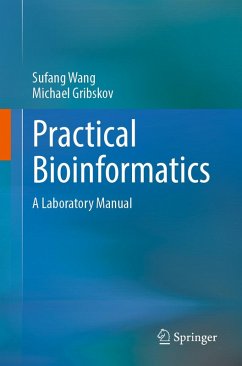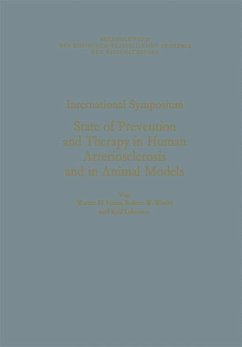
Animal Models of Human Birth Defects (eBook, PDF)
Versandkostenfrei!
Sofort per Download lieferbar
72,95 €
inkl. MwSt.
Weitere Ausgaben:

PAYBACK Punkte
36 °P sammeln!
This book focuses on the use of animal models to study various human defects. It summarizes our current understanding of a variety of common human birth defects and the essential role of animal models in shedding light on the underlying mechanisms of these disorders. Birth defects are the leading cause of infant deaths, and cost billions of dollars in care for those affected. Unfortunately, the lack of a clear understanding of the mechanisms leading to many of these developmental disorders has hindered effective prevention and early intervention strategies. Studies using animal models have pro...
This book focuses on the use of animal models to study various human defects. It summarizes our current understanding of a variety of common human birth defects and the essential role of animal models in shedding light on the underlying mechanisms of these disorders. Birth defects are the leading cause of infant deaths, and cost billions of dollars in care for those affected. Unfortunately, the lack of a clear understanding of the mechanisms leading to many of these developmental disorders has hindered effective prevention and early intervention strategies. Studies using animal models have provided essential insights into several human birth defects. This book serves as a valuable reference resource for researchers and graduate students who are interested in learning the basic principles as well as the latest advances in the study of the mechanisms of human birth defects.
Dieser Download kann aus rechtlichen Gründen nur mit Rechnungsadresse in A, B, BG, CY, CZ, D, DK, EW, E, FIN, F, GR, HR, H, IRL, I, LT, L, LR, M, NL, PL, P, R, S, SLO, SK ausgeliefert werden.



